Q&A // All-Analogue UK Photographer Ellen Rogers on Her Process, Inspirations and New Book
 Sep 6, 2011 Tweet
Sep 6, 2011 Tweet
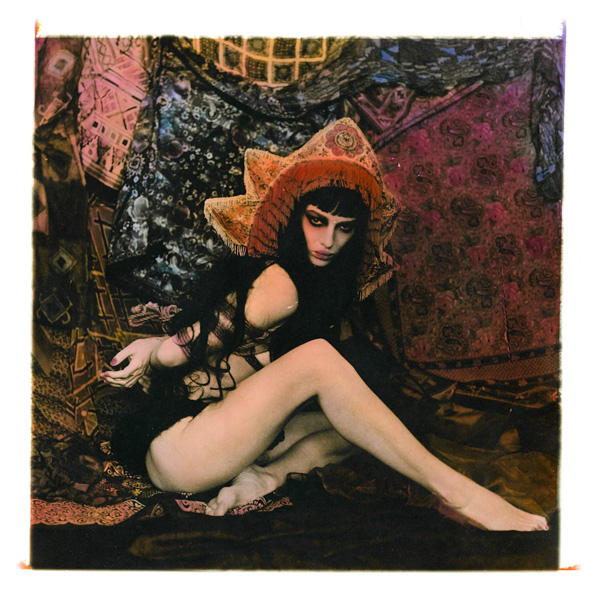
We find it painfully difficult to stop looking at Ellen Rogers' photographs. They're content and composition is mezmerizing and otherworldly, as though they might be long-lost images from some distant era. The fact that she works without the aid of any digital technology, opting instead for the painstaking processes of film, darkroom, vintage cameras and analogue experimentation, makes her photography that much more awe-inspiring. We're reminded of the beautifully wrought fancy portraits of Julia Margaret Cameron and the dreamy, soft-focus images of David Hamilton.
In late 2010, we featured her images in our winter magazine, though last week we caught up with Rogers to ask her a few questions about her work and her new book, Aberrant Necropolis. Check out the Q&A and a selection of Rogers' photographs (beware: some are likely NSFW) after the jump.
3rd Ward: Can you describe your creative process?
Ellen Rogers: I can certainly have a go.
If we are talking 'process' in the existential sense, it is absolutely bloody chaotic.
I will read something or see a tree and think of black branches. I could see a face I can't forget or mimic a feeling I can never speak. All these intangible and abstract notions need to become solid. So I go about making them something I can hold. I guess that's when it becomes arduous. I need to explain to people that I have some hair brained notation and that it needs to be something stupid like 'solid' and they lose faith, stare at me and think I'm weird. All this I am used to but try doing this every week with ten new people who think you are potentially mad or dangerous. So I spend time with the teams, explaining things, rushing about manically and somehow eventually they know what I mean or they at least pretend to. It is at that point that I make a set, or do a horrible drawing, or find a model and things are more 'tangible.'
Things are changing though as a direct need to be more clear about who I am and what I believe is good and bad.
3W: What has made you stick with completely analogue equipment and methods?
ER: Primarily my dad, he is so critical of my work. He was an analogue photographer (obviously) and he always says things like, 'These stink you never wash your prints long enough, they won’t last,' or 'That’s too blown out, watch your exposures,' etc etc. So I became infatuated with pleasing his eye. I always try to make perfect something so entirely imperfect like film. I always aim for absolute skill and creative control but add to it anomalies that breathe in new chaos. But, goodness me, I’m terribly fussy about prints, I actually carry a magnifying glass around to check grain. I have so, so much to learn too. The world of analogue lends itself to such adventures in the 'po-face' that annoying people like me can indulge in.
3W: What are some of your influences or inspirations?
ER: House of Leaves, Magma (the band), Fentiman's Curiosity Cola and many more.
3W: How did you decide on the title Aberrant Necropolis?
ER: It's quite literal actually, and I am glad you ask as so many people email about it. It is, 'Aberrant' as in Chromatic aberration (lens distortion) and 'Necropolis' as in city of dead people. That’s how I have come to see my work ever since this experience.
3W: Tell us more about the book...
ER: It is a puzzle, to be solved, harbouring a key inside that unlocks unseen material online. That said it is also a picture book including 72 photos and a lovely forward by my friend and master of the Internet, Warren Ellis.
3W: What are you working on right now?
ER: Sorting my life out, I have become a rather chaotic and bizarre person in the last year. I fear I may be going slowly and irreversibly mad. Aside from the terminal sanity I have moved into a beautiful new place and I am trying to remedy those cerebral aliments. I will let you know if it works out.
As for work, I am doing a project with Vania Zouravliov who I admire tremendously.
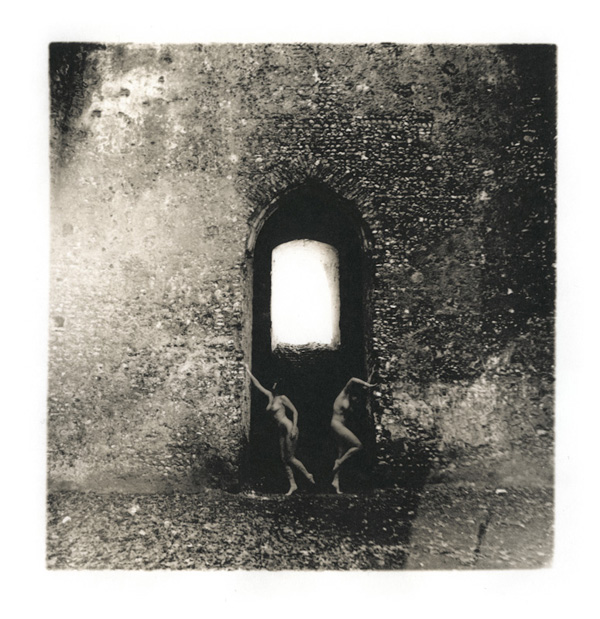
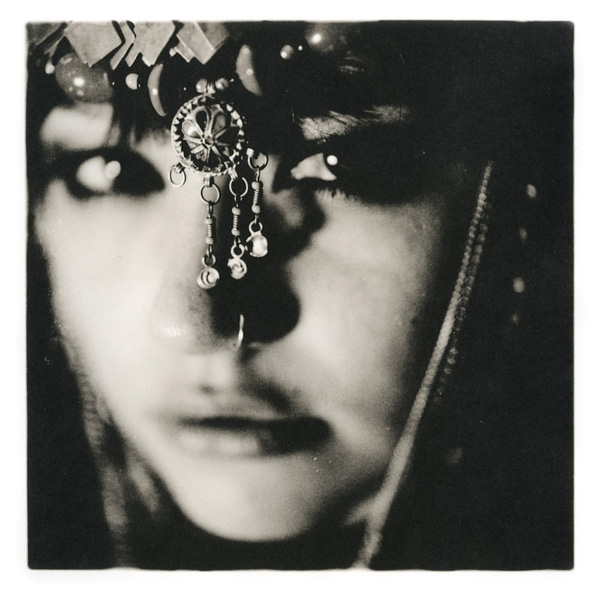
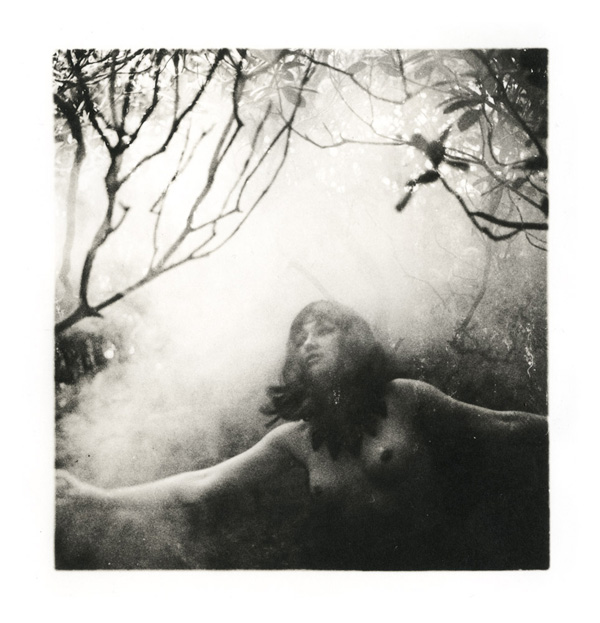
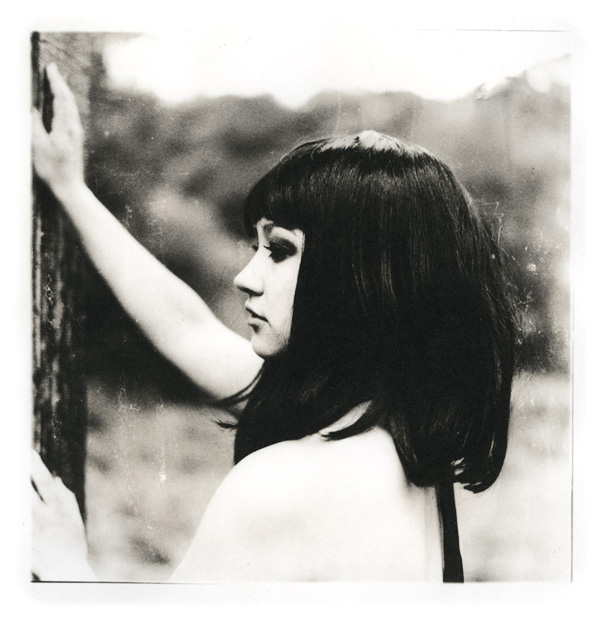
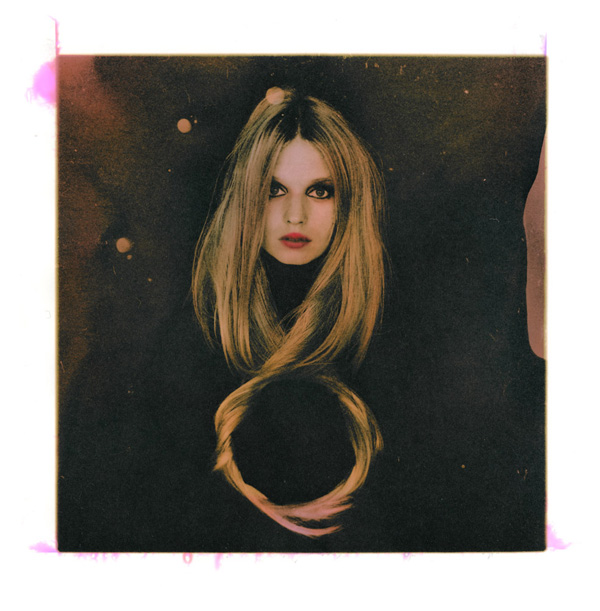
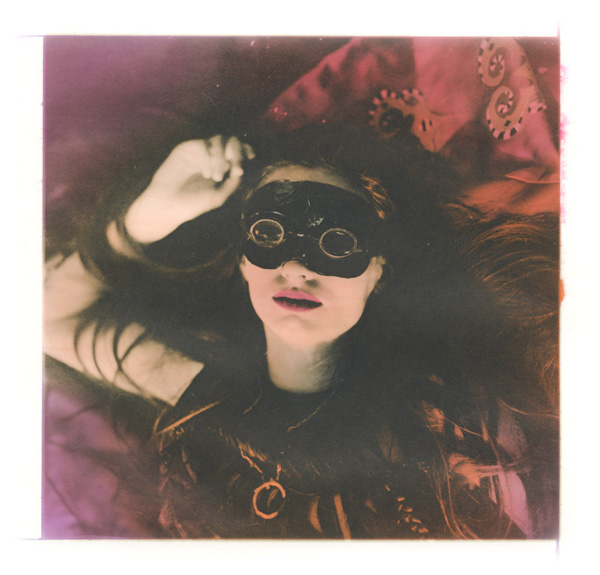

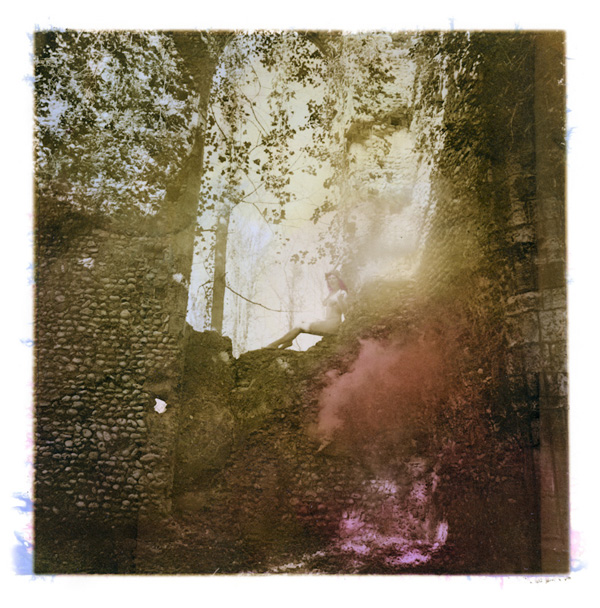
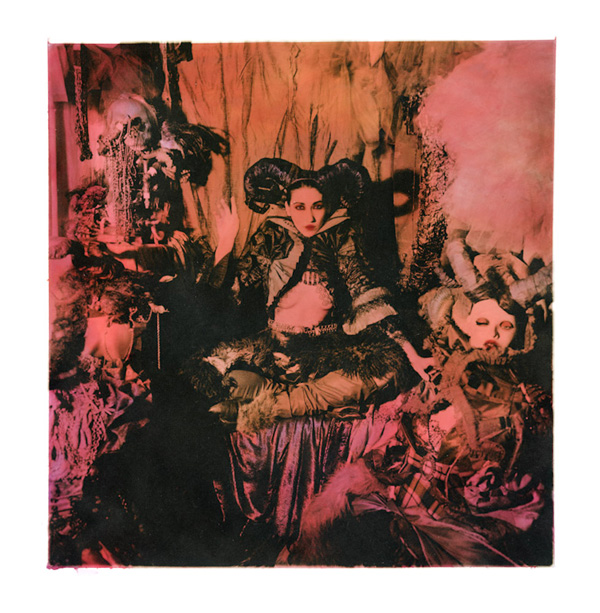
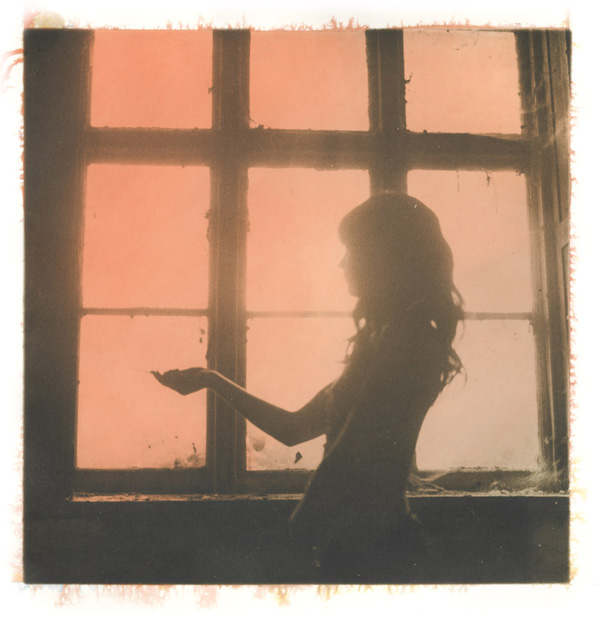
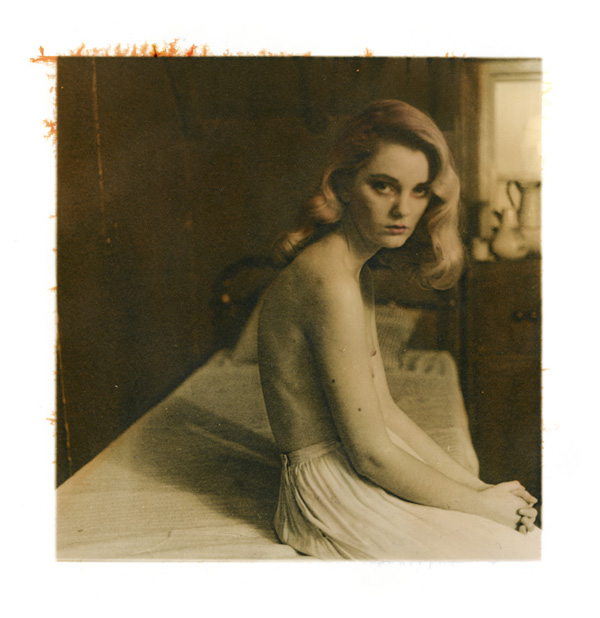
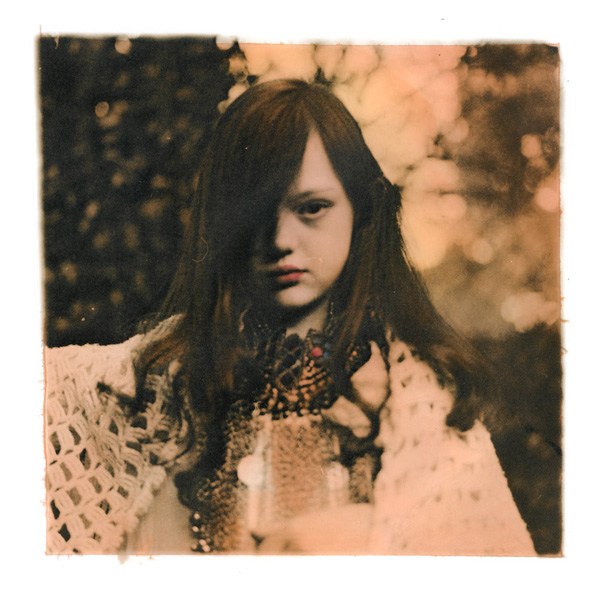
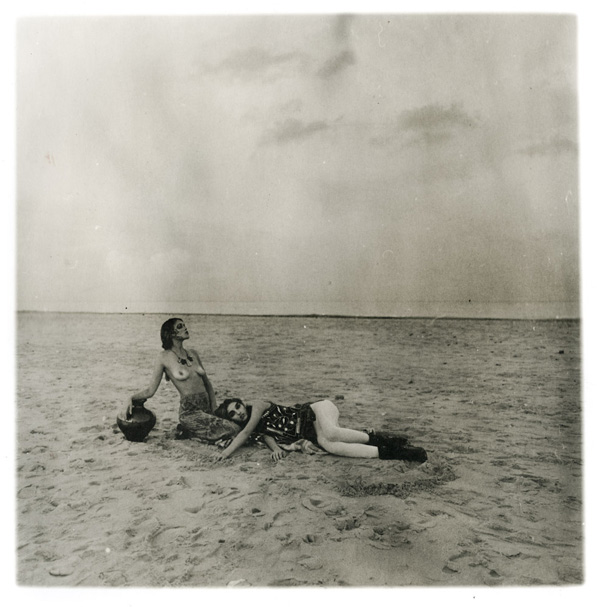
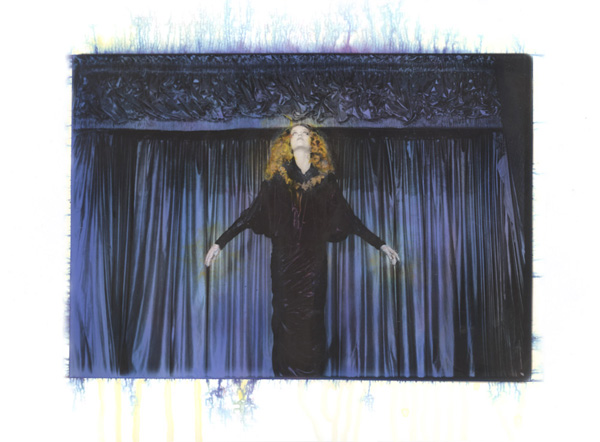
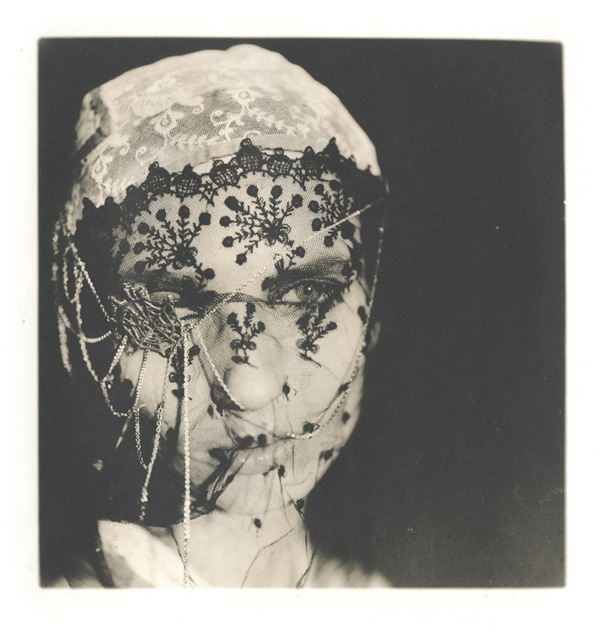
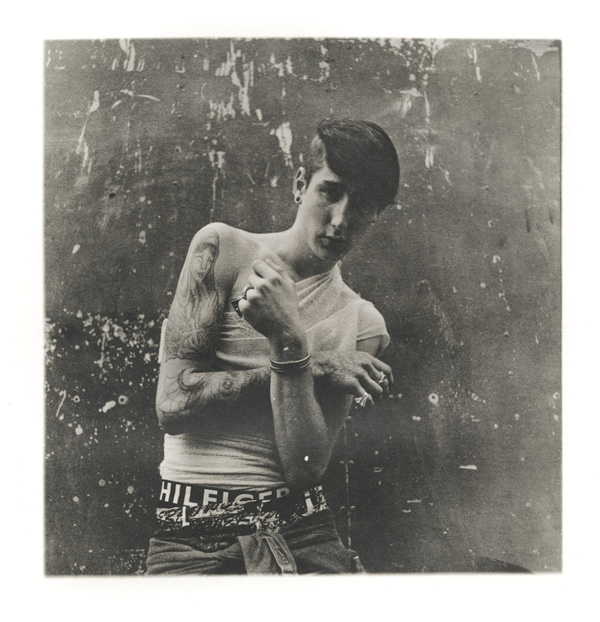
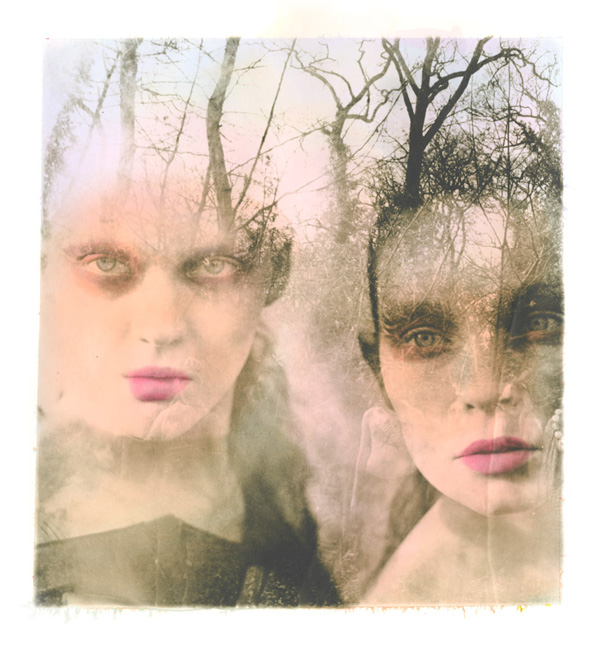
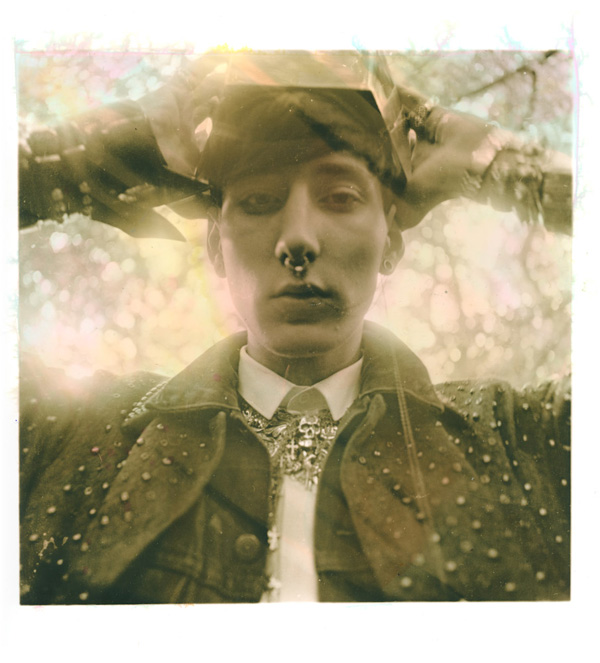
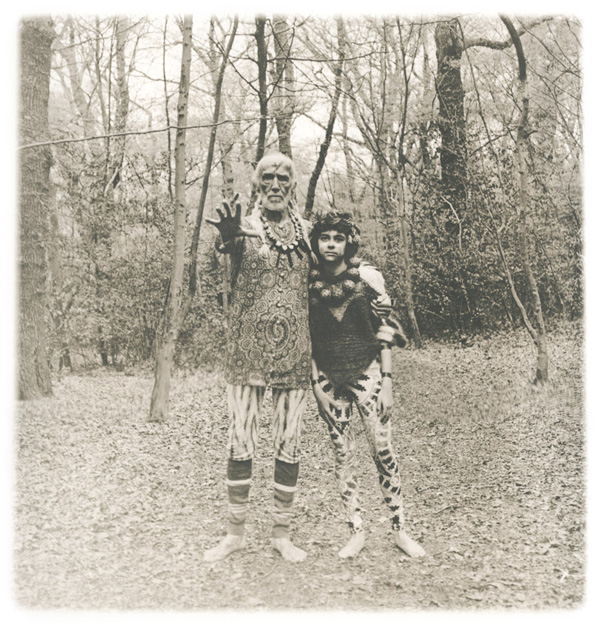
--John Ruscher

